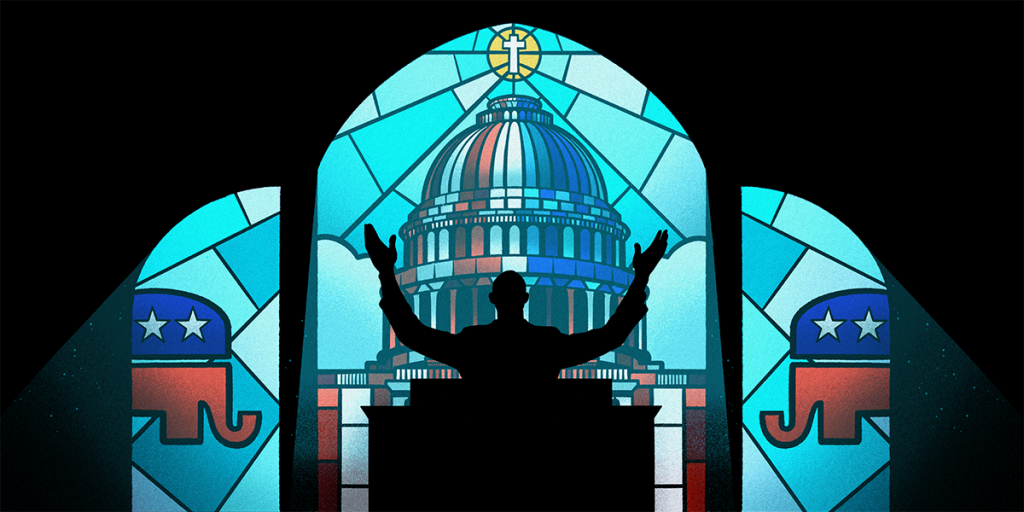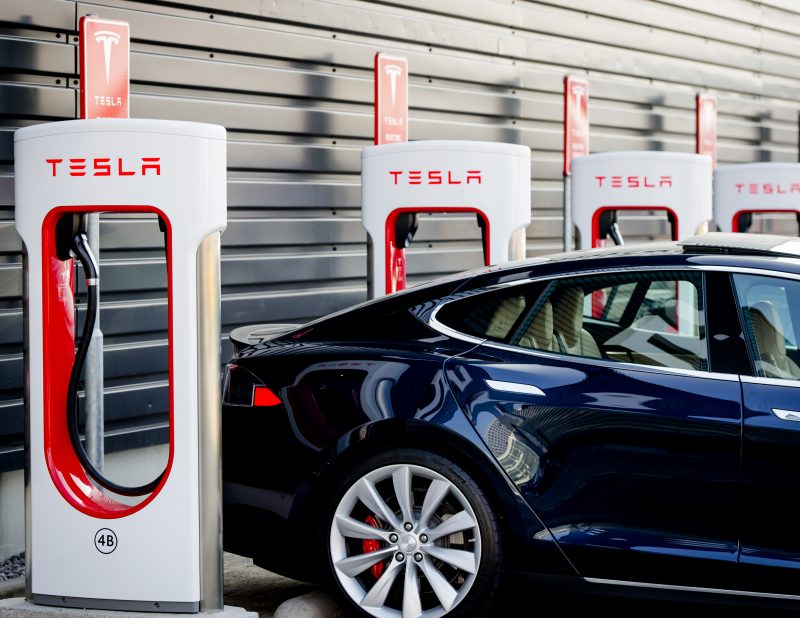- GOP lawmakers have recently touted Christian nationalist ideals, even embracing the description.
- Christian nationalism asserts an intrinsic connection between being American and being Christian.
- Critics say the political ideology is inconsistent with both Christian and American values.
Christian nationalism goes back hundreds of years but the concept has drawn attention recently as Republican lawmakers openly embrace aspects of the ideology and call for Christianity to play a larger role in American life and institutions.
Rep. Lauren Boebert of Colorado said in June she is "tired of this separation of church and state junk" and "the church is supposed to direct the government." Former President Donald Trump in July appeared to conflate being American with being Christian, saying "Americans kneel to God, and God alone." And Rep. Marjorie Taylor Greene has repeatedly identified herself as a Christian nationalist, saying the GOP should be the party of Christian nationalism.
Greene and other proponents of Christian nationalism have suggested those sounding the alarm on the concept are simply part of the "godless left" who hate both the US and God. But some Republicans and Christians have also condemned the concept, with critics saying it runs counter to both American and Christian values.
So, what is Christian nationalism?
'A fusion of Christianity with American civic life'
Christian nationalism has been defined in several ways, but it can generally be boiled down to the belief that Christianity and the US are intrinsically linked and therefore the religion should have a privileged position in American society.
Sociologists Andrew Whitehead and Samuel Perry provide a robust description in their 2020 book, "Taking America Back for God: Christian Nationalism in the United States."
"Simply put, Christian nationalism is a culture framework — a collection of myths, traditions, symbols, narratives, and value systems — that idealizes and advocates a fusion of Christianity with American civic life," they write.
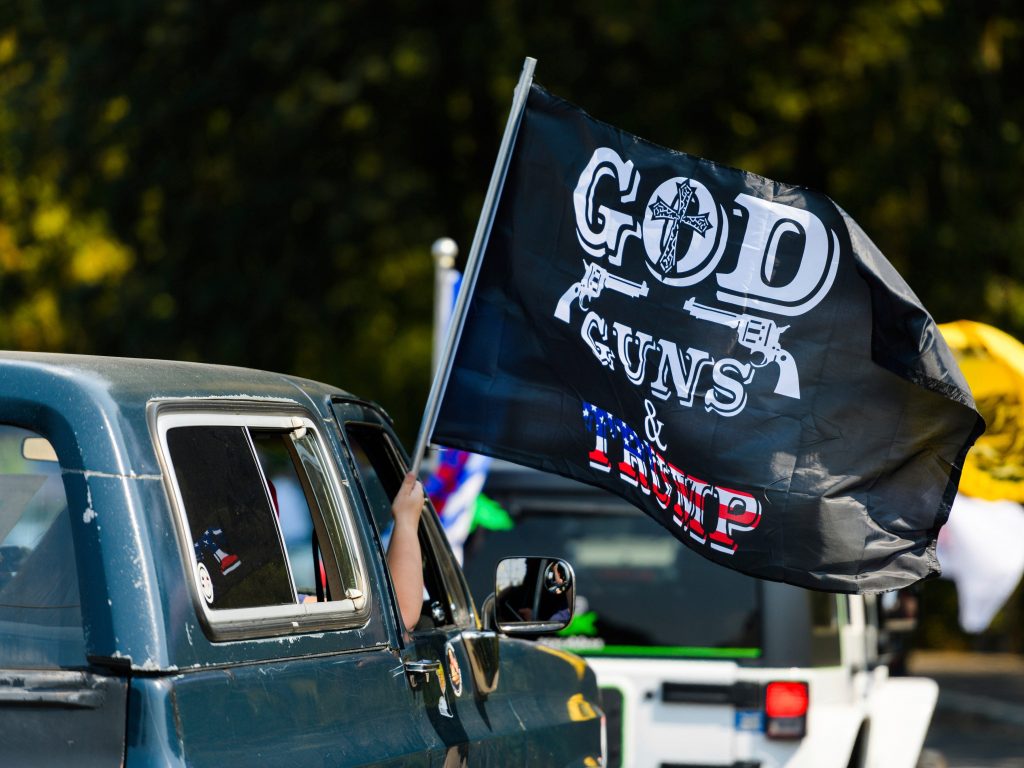
Americans who support such ideas may not self-identify as Christian nationalists, so Whitehead and Perry used a set of survey questions to determine where a person falls on a Christian nationalism scale.
The questions were part of national surveys on American religious beliefs periodically conducted by Baylor University. The questions used to develop the scale asked Americans to rate how much they agreed with the following statements, from strongly disagree to strongly agree:
- The federal government should declare the United States a Christian nation.
- The federal government should advocate Christian values.
- The federal government should enforce strict separation of church and state.
- The federal government should allow the display of religious symbols in public spaces.
- The success of the United States is part of God's plan.
- The federal government should allow prayer in public schools.
Positions on the scale varied widely, suggesting not all Americans can be divided into either supporting Christian nationalism or not. Instead, the authors said, people may embrace some aspects but not others.
Americans of varying demographics landed all over the scale, but those who most embraced Christian nationalism were likely to come from a specific group: white, conservative, evangelical Christians.
Who are Christian nationalists?
The authors found that around 52% of Americans could be classified as either "ambassadors" or "accommodators" of Christian nationalism, while the rest could be considered "resisters" or "rejecters."
Accommodators, defined as those who are less decided but lean towards accepting Christian nationalism, were the largest group at about 32%. Ambassadors, or those who fully embraced Christian nationalism, made up a fifth of Americans.
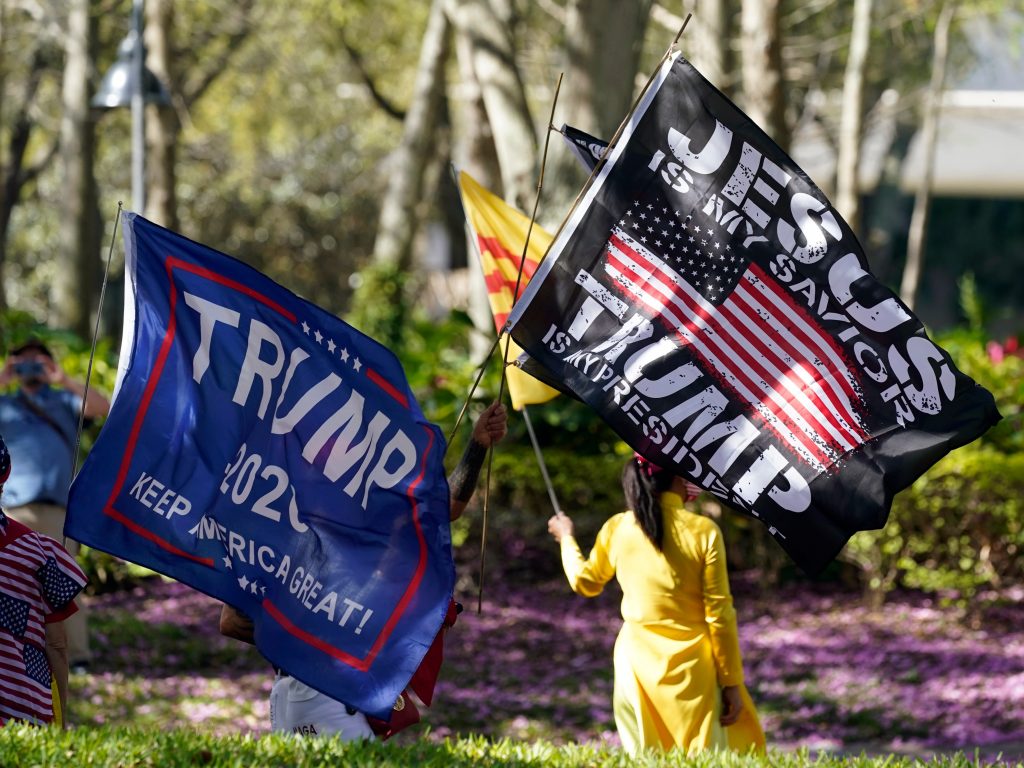
Ambassadors believe the US has a special relationship with God and that the government should declare the country a Christian nation, advocate for Christian values, and return prayer to public schools, the authors said.
More than half identified as evangelical Protestant. They were also the oldest of the four groups, were predominantly white, and largely lived in small towns over cities, with many located in the South and Midwest. Two-thirds considered themselves politically conservative and more than half identified as Republicans, though one in five were Democrats.
Those who scored high on the Christian nationalism scale were more likely to hold racially intolerant views and support racist or xenophobic policies. They were also more likely to view serving in the military as important to being a "good person." Christian nationalists may believe in freedom of religion, but also that Christianity should be favored over other faiths in American society.
Although Christian nationalism is gaining support in the GOP, the authors said belief in the ideology has been declining over the past three decades, especially as more and more Americans identify as religiously unaffiliated.
Christianity, Trump, and insurrection
A significant driver of recent discussions about Christian nationalism was the January 6, 2021, attack on the Capitol.
Many Trump supporters were carrying Christian symbols when they stormed the building in order to disrupt the certification of the 2020 election, which they believed had been stolen from the former president.
A report published in February by a group of faith leaders, historians, and religious scholars — including Whitehead and Perry — detailed the extent to which Christian nationalism both influenced and was displayed at the insurrection.
Flags with messages like "Jesus is my savior, Trump is my president" and "Make America Godly Again" were common in the crowd. Photos showed phrases like "In God we trust" and "God bless the USA" written on a wooden gallows from which a noose was hanging.
In one image, a man wearing a "Trump 2020" flag over his shoulders kneeled before a large cross to pray.
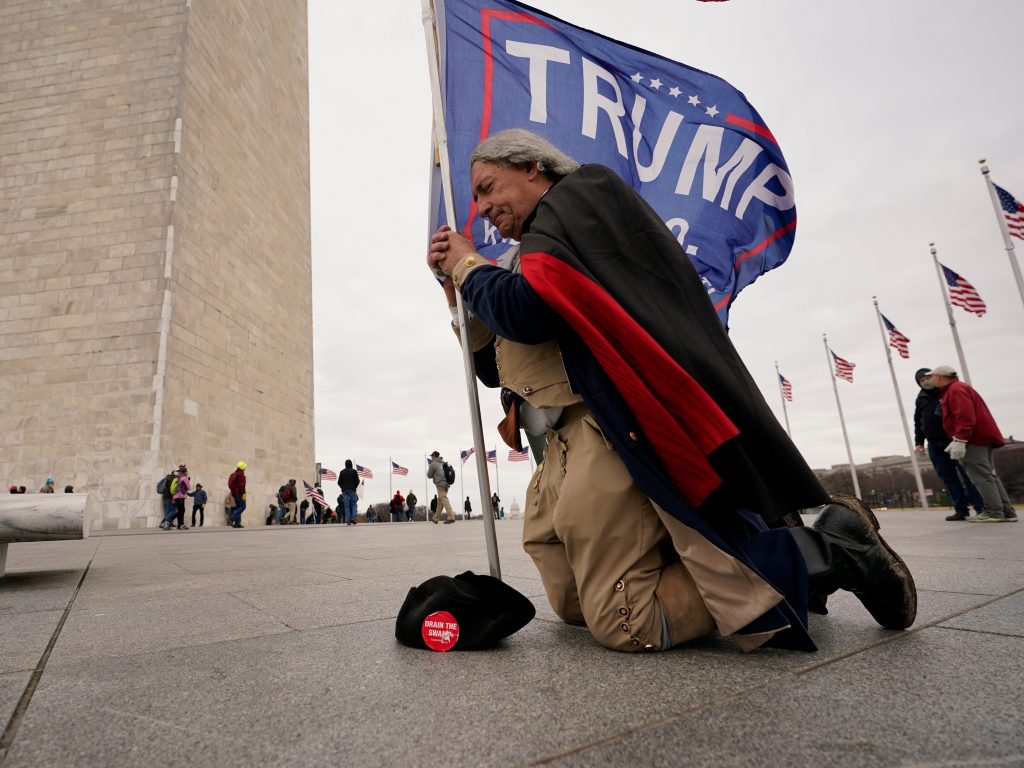
The authors of the report — a joint project of the Baptist Joint Committee for Religious Liberty, Freedom From Religion Foundation, and Christians Against Christian Nationalism — argued Christian nationalism played a role in "bolstering, justifying, and intensifying" the attack on the US Capitol.
The authors also examined the role of white Christian nationalism specifically, highlighting the overlap between Christian nationalist ideals and racism.
Christians against Christian nationalism
Scholars and advocates are quick to point out that Christian nationalism is not the same as Christianity and that criticizing the ideology is not synonymous with criticizing the religion.
"I think what was most concerning to us was how Christian nationalism was becoming more violent," Amanda Tyler, the executive director of the Baptist Joint Committee for Religious Liberty, told Insider, citing the 2018 Pittsburgh synagogue shooting and the 2019 mosque shootings in New Zealand. In both cases the suspects espoused Christian nationalist ideas.
Tyler is also the lead organizer of Christians Against Christian Nationalism, a campaign and coalition effort launched in 2019 that denounces Christian nationalism in a statement of principles that has since been signed by more than 27,000 Christians.
Tyler said Christian nationalism is a distortion of Christianity in that it "leads people to idolatry of the country over worship of God." The ideology also violates the fundamental Christian belief of loving your neighbor as yourself, she said, because it proposes a "second class status for our neighbors who aren't Christian."
She said it's especially important for Christians to speak out against Christian nationalism to show the ideology is also viewed as dangerous by people of faith.
"Many of our signers believe that pushing against Christian nationalism is essential not just for our democracy but also for the preservation of our faith."

